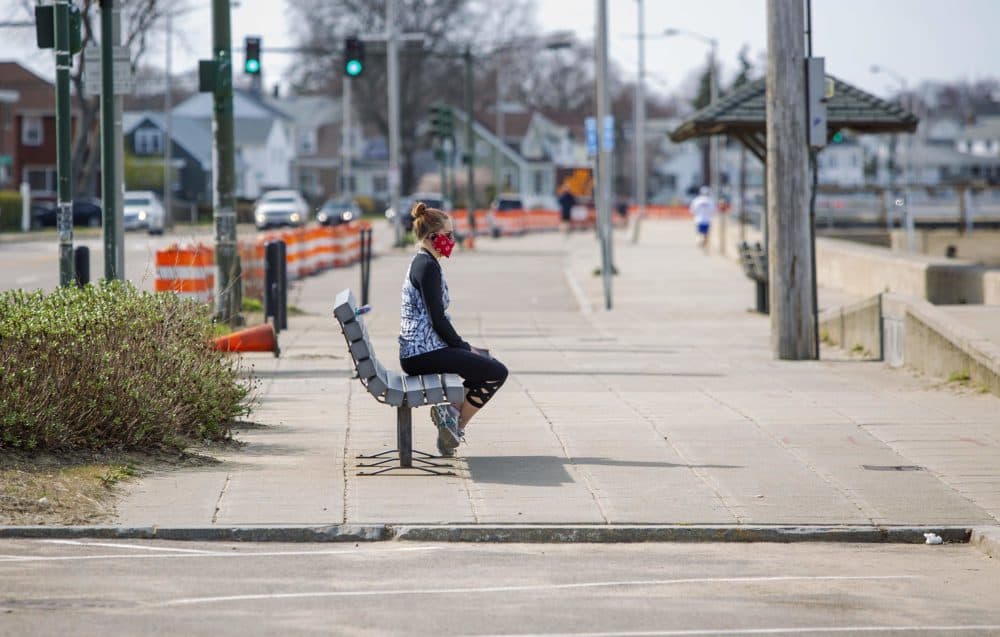Advertisement
Summer Heat Could Slow Coronavirus Spread But Only Modestly, Harvard And MIT Researchers Predict

The coronavirus is unlikely to fade away in the summer heat like the flu, a new analysis by MIT and Harvard researchers finds.
The researchers examined the global spread of the coronavirus since December, and found that weather conditions make a difference, but not enough to make a significant dent in the pandemic.
"There is an impact from weather conditions, specifically temperature and humidity, on the transmission rates of COVID-19, but those impacts are modest," says Hazhir Rahmandad, an associate professor of System Dynamics at the MIT Sloan School of Management. "And therefore, we cannot expect weather conditions alone to quench the epidemic over the summer."
In the Boston area, "the risk of transmission goes down by about 20 to maybe a maximum of 30%," he says, "especially toward the end of summer, but not much more than that."
And that’s not nearly enough to stop the epidemic, he notes, so social distancing and other efforts to fight the virus will still be needed.
Research findings have been mixed on how weather conditions — including temperature, sunlight and humidity — affect spread of the coronavirus. The new study included data on more than 3,700 places beginning last December, and looked at the extent that weather variables correlated with transmission.
There was a slightly lower transmission risk — about 1.7% — for each degree above 77 degrees Fahrenheit, researchers found.
"This suggests that many temperate zones with high population density may face larger risks, while some warmer areas of the world may experience slower transmission rates. This finding may partially explain the smaller sizes of outbreaks in southern Asia and Africa," a press release about the research said.
The research also highlights the importance of continuing other measures to fight the virus through the summer, Rahmandad says.
You can find projections for Boston and more than 1,000 other major cities here.
